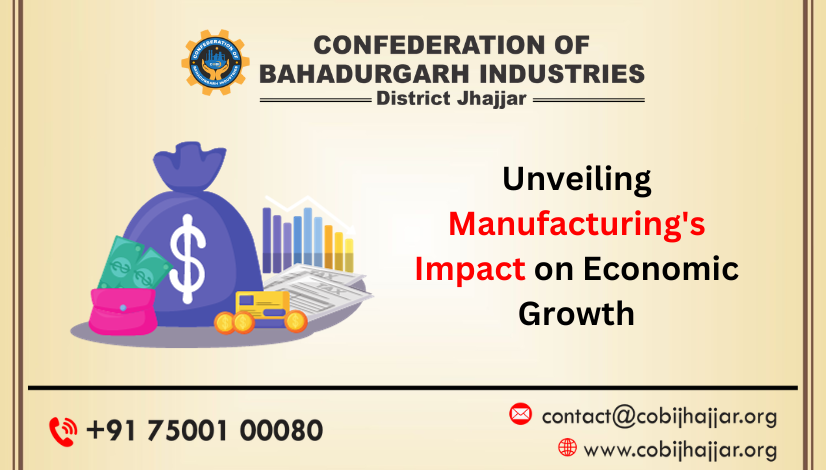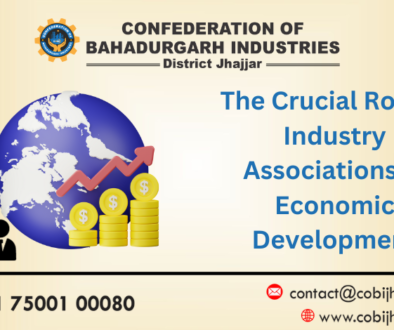Unveiling Manufacturing’s Impact on Economic Growth
The manufacturing sector stands as a cornerstone of economic growth and prosperity, wielding immense influence in driving national economies forward. This pivotal sector is instrumental in fostering job creation, technological innovation, and global competitiveness. In this blog, we will uncover the significant role of the manufacturing sector in propelling economic growth and enhancing national prosperity.
Manufacturing as a Driver of Economic Growth
1. Job Creation: Manufacturing industries contribute significantly to employment generation, providing stable jobs across various skill levels, thereby strengthening the economic foundation of nations.
2. Growth Multiplier Effect: The manufacturing sector’s growth generates a multiplier effect across the economy, fostering growth in other sectors, such as services, transportation, and technology.
3. Innovation and Technological Advancements: Manufacturing drives innovation, serving as a catalyst for technological advancements, research, and development, thus propelling overall economic progress.
4. Exports and Global Competitiveness: A robust manufacturing sector enhances a nation’s global competitiveness by fostering exports, attracting foreign investments, and contributing to a favorable trade balance.
Impact of Manufacturing on Economic Prosperity
1. Gross Domestic Product (GDP) Contribution: The manufacturing sector’s substantial contribution to the GDP indicates its pivotal role in sustaining economic growth and stability.
2. Infrastructure Development: Manufacturing necessitates robust infrastructure development, such as transportation networks, power supply, and communication systems, further boosting economic development.
3. Value Addition and Supply Chain Integration: Manufacturing adds value to raw materials, integrating supply chains and creating opportunities for ancillary industries, bolstering economic activity.
4. Skilled Workforce Development: The sector drives the development of a skilled workforce, fostering human capital formation and contributing to a nation’s long-term economic prosperity.
Success Stories: Manufacturing’s Impact on National Economies
Numerous success stories underscore the significance of manufacturing in driving economic growth. For instance, Germany’s manufacturing prowess has led to its reputation as an industrial powerhouse, driving the nation’s economic success.
Challenges and Opportunities
Despite its significance, the manufacturing sector faces challenges such as automation’s impact on jobs, global supply chain disruptions, and environmental concerns. Addressing these challenges presents opportunities for innovation, sustainable practices, and skills development.
The Path Forward: Nurturing Manufacturing for Prosperity
To sustain manufacturing’s role in economic growth, policymakers must focus on fostering innovation, adopting sustainable practices, investing in workforce training, and promoting favorable business environments.
In Conclusion: Manufacturing’s Enduring Impact
In conclusion, the manufacturing sector plays a fundamental role in driving economic growth, job creation, innovation, and global competitiveness. By recognizing its significance and addressing challenges, nations can harness the potential of manufacturing to secure long-term economic prosperity and advancement.




